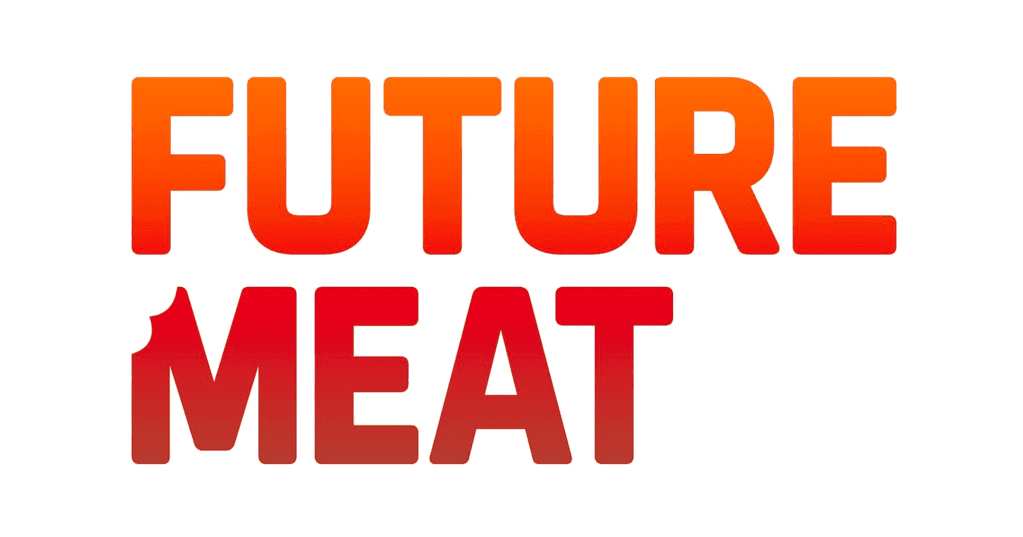As the world population continues to grow, the demand for protein is increasing at an unprecedented rate. However, traditional meat production is a significant contributor to climate change, deforestation, and animal welfare concerns. Cultivated meat is a promising solution that offers the same taste and nutritional benefits as meat. In this article, we will explore the concept of cultivated meat, its benefits, the technology behind it, and its potential to revolutionize the food industry.
What Is Cultivated Meat?
Cultivated meat is a type of meat that is produced by growing animal cells in a lab rather than raising and slaughtering livestock. The process involves taking a small sample of muscle tissue from an animal used to isolate muscle stem cells. These stem cells are then grown in a culture medium where they multiply and differentiate into muscle fibers. It eventually forms a piece of meat that can be harvested and processed into a final product. The result is real meat that has the same taste, texture, and nutritional value as conventionally produced meat. But there is no need to raise and slaughter animals.
How Is Cultivated Meat Made?
Cultivated meat, also known as lab-grown meat, clean meat, or cellular agriculture, is produced using advanced biotechnology methods. The process involves taking a small sample of muscle tissue from an animal, which contains muscle stem cells. These stem cells are cultured and placed in a nutrient-rich media containing growth factors to promote cell division.
The cells multiply rapidly in a bioreactor, which is a controlled environment that mimics the conditions inside the animal’s body. Over time, these cells differentiate and fuse to form muscle fibers, which then grow into small pieces of muscle tissue.
Cultivating meat is still in its early stages, and researchers are working to optimize it to create more cost-effective methods. One challenge is to find a suitable scaffold to support muscle growth and create the texture of meat. Some companies are using plant-based materials or 3D printing techniques to create these scaffolds.
Another challenge is to scale up the production of lab-grown meat to meet the growing demand for sustainable protein. Currently, the cost of producing cultivated meat is still relatively high compared to conventional meat. But as technology advances, the cost is expected to decrease, making it more accessible to consumers.
Benefits of cultivated meat
Cultivated meat, also known as lab-grown meat, is a revolutionary alternative to conventional meat that offers many benefits. Here are the top 10 benefits of cultivated meat:
- Sustainable Protein
One of the most significant benefits of cultivated meat is its sustainability. Traditional meat production is a resource-intensive process that requires a large amount of land, water, and feed. In contrast, you can produce cultivated meat with lower inputs of these resources. It makes it a more sustainable protein source.
- Animal Welfare
Cultivated meat is produced without raising and slaughtering animals, making it a more humane alternative to conventional meat. It reduces the suffering of animals and might eliminate the need for animal farming altogether.
- Environmental Impact
The environmental impact of conventional meat production is significant, with animal agriculture being responsible for a significant amount of greenhouse gas. Cultivated meat has a much lower environmental impact, making it a more sustainable option.
- Health Benefits
You can produce cultivated meat without the use of antibiotics, hormones, and other common additives. This makes it a healthier protein option, as it might reduce the risk of antibiotic resistance and other health issues.
- Nutritional Value
Cultivated meat has the same nutritional value as conventionally produced meat, containing high levels of protein, vitamins, and minerals.
- Reduced Land Use
Traditional meat production requires vast amounts of land for raising livestock. This can contribute to deforestation and habitat loss. Cultivated meat production can significantly reduce the amount of land required for meat production.
- Reduced Water Use
Meat production is a water-intensive process, with conventional meat production requiring a large amount of water. Cultivated meat production requires significantly less water than conventional meat production, making it a more sustainable option.
- Food Security
Cultivated meat might address food security by providing a reliable and sustainable protein source. It can be produced in a controlled environment, which makes it less susceptible to disease and weather-related challenges that can affect traditional meat production.
- Reduced Food Waste
Traditional meat production is associated with a significant amount of food waste, as it requires the slaughter of entire animals, some parts of which may go unused or unsold. Cultivated meat production might reduce food waste by producing only the amount of meat that is needed.
- Alternative Meat Options
Cultivated meat provides an alternative meat option for people who want to reduce their meat consumption or switch to a more sustainable protein source. It can also help address concerns about the ethical and environmental impact of conventional meat production.
As more research and development continue in this field, we can expect cultivated meat to play an increasingly important role in the future of sustainable protein production and provide alternative meat options to consumers.
Top Cultivated Meat Brands
Cultivated meat is an emerging industry, and there are several companies that are leading the way in developing and producing lab-grown meat. Here are the top 8 cultivated meat brands:
- Memphis Meats
Memphis Meats is one pioneer in the cultivated meat industry, having been founded in 2015. The company produces beef, chicken, and duck meat using a cell-based approach. High-profile investors backed Memphis Meats such as Bill Gates, Richard Branson, and Cargill.

- Mosa Meat
Mosa Meat is a Dutch company that was founded in 2015 and developed the technology behind lab-grown meat. The company’s flagship product is a beef burger, which was the world’s first lab-grown meat product in 2013. Investors back Mosa Meat such as Bell Food Group and Merck.

- Future Meat Technologies
Future Meat Technologies is an Israeli company that was founded in 2018 and produces meat from various animal cells. The company has developed a proprietary platform for producing meat cells, which it plans to use to produce beef, chicken, and pork. Investors back future Meat Technologies such as Tyson Foods and Archer Daniels Midland.

- Aleph Farms
Aleph Farms is an Israeli company that was founded in 2017 and produces lab-grown meat using a cell-based approach. The company’s flagship product is a steak, which was the world’s first lab-grown meat steak in 2018. Aleph Farms is backed by investors such as VisVires New Protein and Cargill.

- SuperMeat
SuperMeat is an Israeli company that was founded in 2015 and produces lab-grown chicken meat. The company’s approach involves taking cells from a live chicken and using them to produce meat in a lab setting. Investors are backing SuperMeat such as New Crop Capital and Stray Dog Capital.

- IntegriCulture
IntegriCulture is a Japanese company that was founded in 2015 and produces lab-grown meat using a cell-based approach. The company has developed a proprietary platform for producing meat cells. It plans to use to produce beef, chicken, and pork. IntegriCulture is backed by investors such as Beyond Next Ventures and Real Tech Fund.

- JUST
JUST is an American food company that was founded in 2011 and produces a range of plant-based and cultivated meat products. The company’s flagship product is a lab-grown chicken nugget, which it plans to launch in select restaurants in the US in 2022. Investors back JUST such as Horizon Ventures and Khosla Ventures.

- Higher Steaks
Higher Steaks is a British company that was founded in 2017 and produces lab-grown meat using a cell-based approach. The company’s flagship product is pork sausage, which it plans to launch in 2022. Investors back higher Steaks such as CPT Capital and Big Idea Ventures.

Conclusion
The cultivated meat industry is rapidly evolving, and these top 8 cultivated meat brands are at the forefront of innovation and development. With a focus on sustainability and alternative meat options, these companies are working towards creating a more ethical and environmentally friendly way of producing meat. As the industry continues to grow, we can expect to see even more exciting developments in the production of lab-grown meat, which has the potential to revolutionize the way we think about and consume meat.
Take a step towards a more sustainable future with Ecowiser! Visit our website to learn more about our eco-friendly products and make a positive impact on the environment today.








